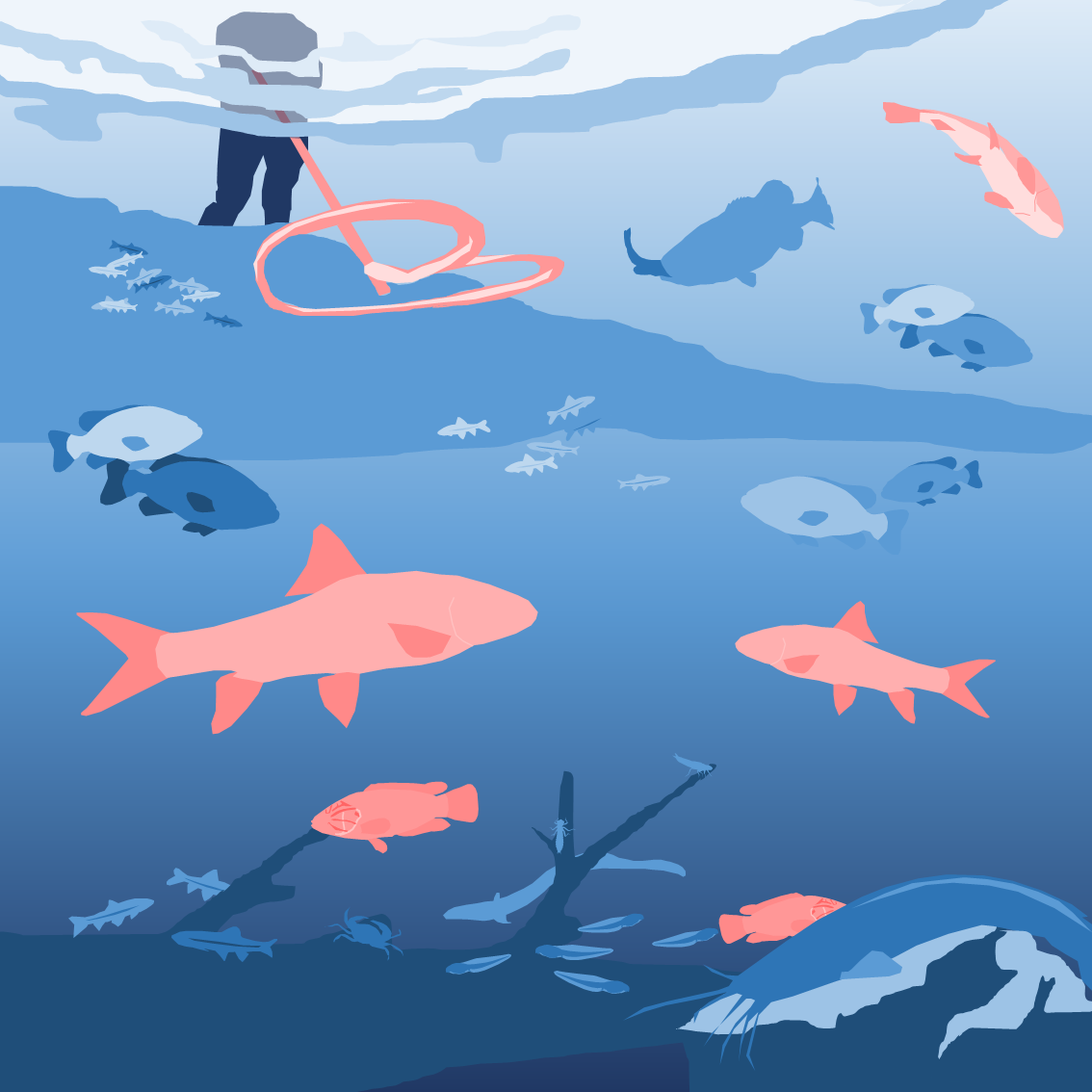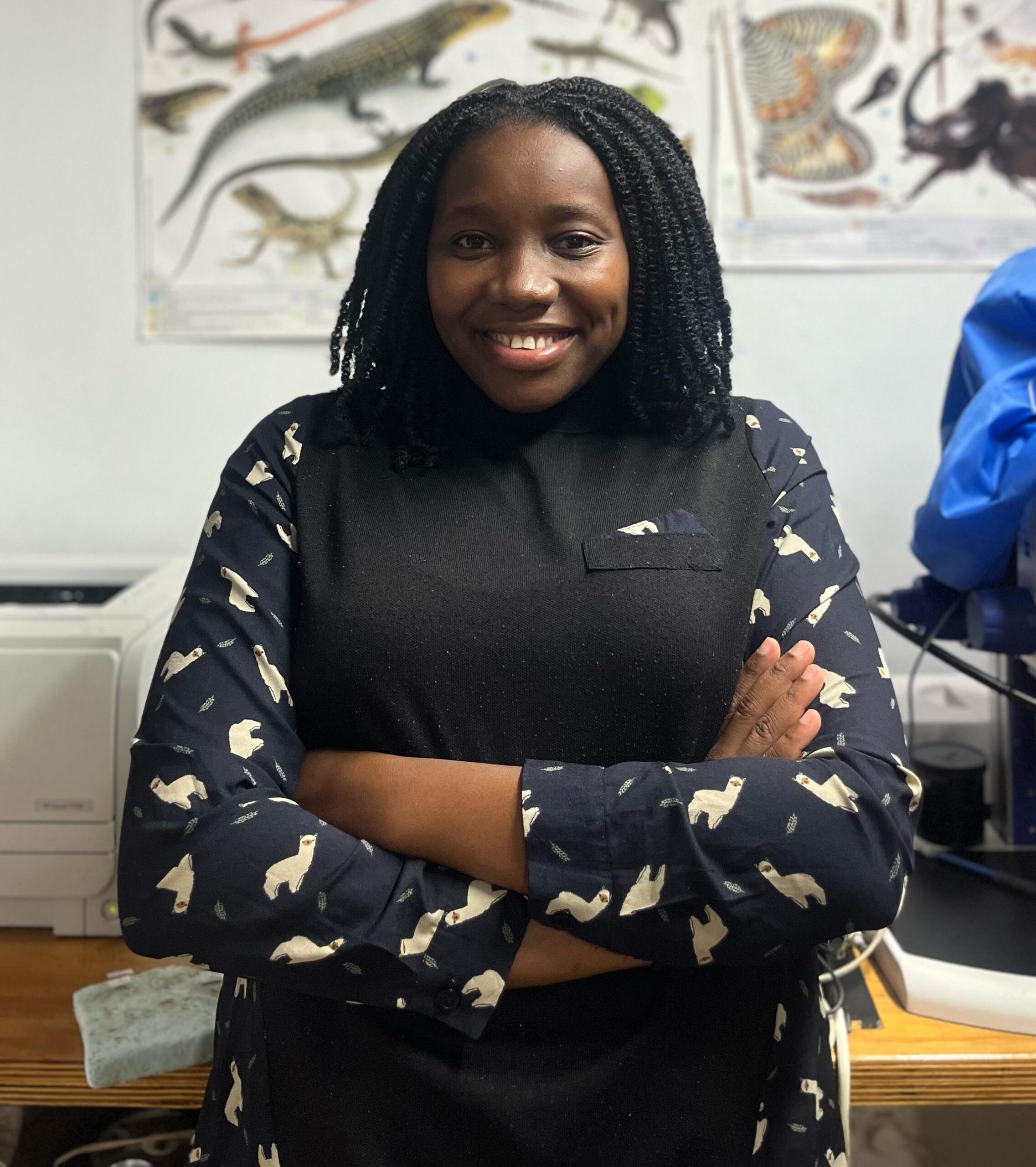Freshwater Field Unit
The scarcity of freshwater is South Africa’s biggest threat because socio-economic development is directly linked to availability and access to this resource, yet all surface water in the country is already fully allocated. This has serious implications for ecosystem services, such as the provision of food and safe, clean drinking water. Effective management of South Africa’s freshwater resources is hampered by incomplete knowledge of the status of these ecosystems and their associated biodiversity.
The Freshwater Field Unit therefore spans the many freshwater taxa which include freshwater fishes, freshwater crustaceans associated with temporary habitats, freshwater crabs, freshwater fish parasites, frogs, and invasive freshwater species.

Socio-economic implications
- Rural livelihoods and food security
- Provide legislated biodiversity data to guide sustainable development
- Enhance understanding of the rich diversity of animal and plant species that inhabit freshwater environments
Users
- Hosts the DSI/NRF South African Research Chair in Inland Fisheries and Freshwater Ecology
- South African universities, government organisations, and specialist research centres
- International and SADC fisheries, research institutes and museums
Future
Continue to provide data to guide sustainable development, food security and livelihoods
Functionality
- Specialist gears for sampling fishes from small headwater streams to large reservoirs and streams
- Backpack- and boat-based electrofishers
- Underwater video camera systems
- Water quality equipment
- Specialised 4×4 vehicles
- Specialised boats suitable for working in large rivers and impoundments
Transformation & Capacity Development
- Student training and development
- Postdoctoral fellowships
Funders
DSTI, NRF-SAIAB, Water Research Commission














